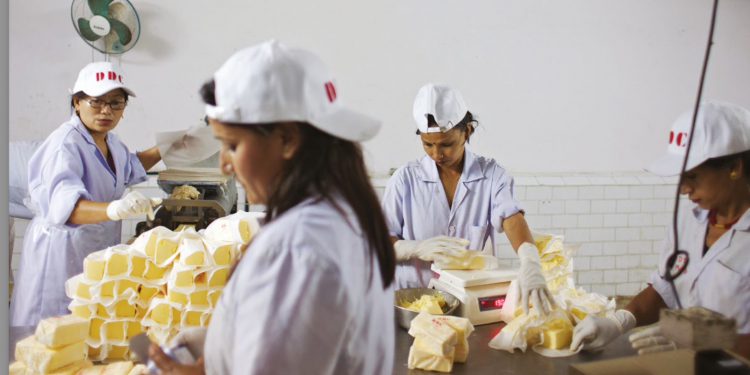Countries with the most trans fat in their food supply have yet to create policies protecting their citizens. They include Egypt, Iran, Mexico, Azerbaijan, Ecuador, Pakistan, Republic of Korea, Bhutan, Nepal and Australia, according to a new UN agency report.
No one living in low-income countries is protected. Although, the new World Health Organization (WHO) report says mandatory trans-fatty acids policies are now in effect for 3.2 billion people in 57 countries.
Trans fat is an artificial compound in cakes, cookies, biscuits, packaged foods, cooking oils and spreads linked to increased risk of heart attacks and death from heart disease.
WHO Director General Dr Tedros Adhanom Ghebreyesus said, “The clock is ticking on our call to eliminate industrially produced trans fat by 2023.
“The first-ever global elimination of a risk factor for noncommunicable diseases is within our reach. All countries must act now to protect their people from this harmful and unnecessary compound.”
“Food manufacturers need to implement commitments to eliminate trans fat”
He said Covid-19 has highlighted “the deadly interplay between infectious and noncommunicable diseases which kill more than 40 million people every year, mainly from cardiovascular disease.
“People living with noncommunicable diseases are especially at risk of severe disease and death from Covid-19.”
The World Health Organisation says food manufacturers need to implement commitments to eliminate industrially produced trans fat from their products.
It says major suppliers of oils and fats should step up to remove industrially produced trans fat from the products that are sold to food manufacturers.
Cardiovascular diseases have been the leading cause of death globally for the past three decades. The biggest killer is coronary heart disease, responsible for 16 per cent of the world’s total deaths. From 2000 to 2019, deaths from ischaemic heart disease rose faster than deaths from any other disease, increasing from more than 2 million in 2000 to nearly 9 million in 2019.























